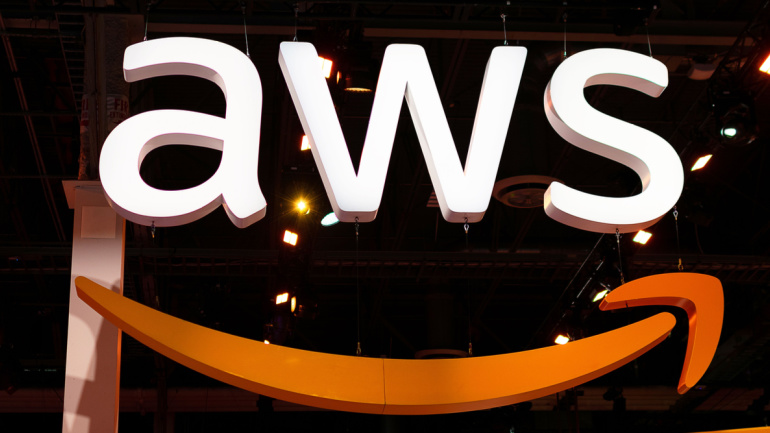BT pushes forward with their ambitious plan to replace ageing Public Switched Telephone Network with IP-powered Digital Voice service, predicting a full national transition by 2025. This phased rollout highlights an industry-wide shift toward modern, energy-efficient, and highly reliable communication solutions. However, with earlier power outages prompting questions around adequate support during emergencies, the telecoms giant is treading carefully. As we brace for a digital era, join us at Connected North 2024 to delve deeper into what this change signifies for UK consumers.
Cloud communications leader Sinch and one of North America’s largest and most trusted membership organizations, AAA, are partnering to expand chat capabilities for individuals requesting roadside assistance. These changes will allow those stranded in remote areas to seamlessly connect with AAA for help.
Samsung Electronics and KDDI today announced the companies have signed a Memorandum of Understanding (MOU) to form a 5G Global Network Slicing Alliance. Through this new alliance, the companies will work together to introduce an array of commercial 5G network slicing services and assess new business models based on this innovative technology.
conXhub, a leading provider of cloud-based communication and collaboration platforms, has entered into a strategic partnership with DIDWW, a global telecom operator offering premium quality VoIP communications, two-way SIP trunking and SMS services for businesses and telecom carriers. Through the alliance with DIDWW, conXhub aims to extend its global reach, ensuring high quality voice services for unparalleled customer experience.
A newly published study unveils a glaring disparity in the worldwide cost of mobile data. The US falls surprisingly behind at 219th globally, while other countries enjoy much lower prices. Yet on a brighter note, a trend of declining data costs emerges globally. Distinct transformations have occurred in countries such as the UK and India, with data rates significantly dropping over the years, serving as a promising glimpse into a future where consumers could get more worth for their money while enjoying mobile data services.
Amid growing inflation and swelling telecom budgets, the advent of 6G brings in costly implications tied to Radio Access Network (RAN) equipment. As these financial implications loom, The Next Generation Mobile Network (NGMN) Alliance proposes a different approach to 6G implementation that may spare existing 5G infrastructure from unnecessary renewal. They advocate an operator-driven decision process in refreshing the 5G RAN, maintaining that 6G upgrade should not compromise 5G user experience and should be software-upgradable on existing network elements. As 5G capex reaches its peak in markets like the U.S., NGMN’s stance could potentially redefine traditional strategies in introducing new generations of mobile technology.
Spectrum Enterprise, a part of Charter Communications, Inc., today announced a multi-year agreement with MiCTA (formerly known as Michigan Collegiate Telecommunications Association), a national group purchaser of technology solutions for its nonprofit members, including government, education, libraries, charitable and religious organizations. The arrangement makes it easier for members to modernize their networks and enhance the digital experience for consumers and employees.
Sweden’s recent spectrum auction has not only proved to be a triumph for the Swedish Post and Telecom Authority (PTS), but also for the nation’s digital future. The robust participation from the country’s primary operators substantiates the utility of the spectrum in bolstering Sweden’s wireless services and advancing its 5G capabilities. In an impressive display, not just of interest, but also of investment, an imposing SEK 4.23 billion ($380 million) was raised in a span of just one day. This unprecedented event echoes Sweden’s commitment to digital progress, with new licenses primed to spark a wave of innovative advancements in the long-term. Stay tuned for more updates on the fascinating world of telecommunications.
Nokia intensifies focus on AI and machine learning enhancements with the advent of their new Open Innovation Lab in Dubai. This facility is set to target telecommunications operations in Middle East and Africa, potentially bolstering business for Dell and Hewlett Packard Enterprise. The lab’s agenda encompasses three key areas: cloud RAN collaboration, promotion of private wireless and industrial networks, and acceleration of AI-driven network automation. The lab’s existence could pave the way for increased productivity, overall network efficiency and novel revenue opportunities in the region.
Amazon’s sizable investment in one AI provider shakes up AWS’ traditional neutral stance on supporting multiple AI models—a game-changer with implications for large tech players and telecommunication operators. The recent announcement to commit up to $4 billion to Anthropic, a competitive stakeholder in AI, could alter customer experiences and sway preferences towards their Claude AI model. The telecoms industry’s reaction remains crucial as operators navigate the expanding AI revolution.













